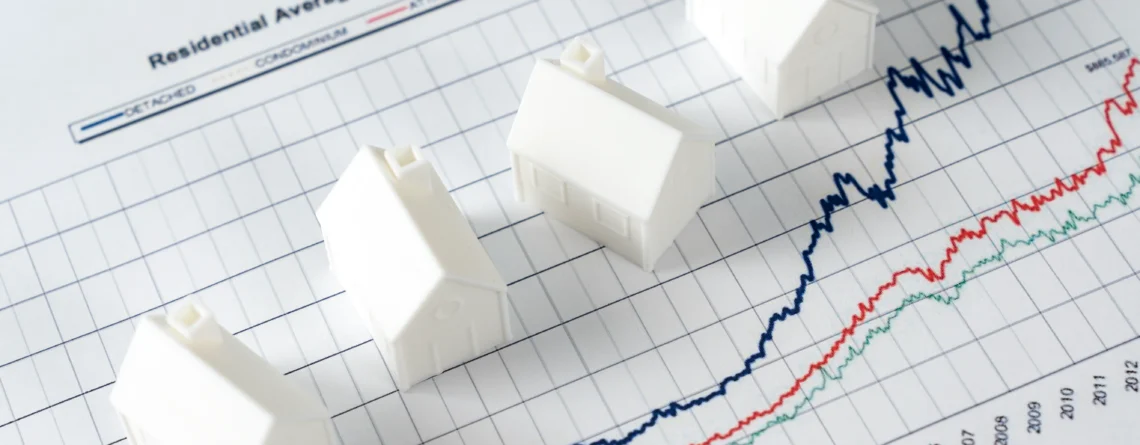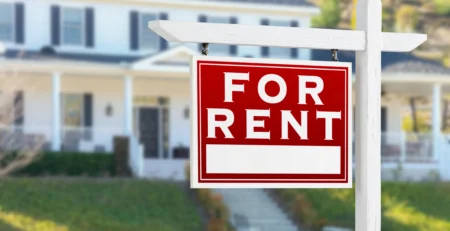Introduction
Real estate investing can be challenging, especially if you don’t have the funds to purchase properties outright. This is where hard money loans come in to play. Hard money loans are a financing option for investors, which need to be repaid within a short period. However, you might wonder why hard money loan rates are so high compared to other financing options. In this article, we will explain the cost of borrowing for hard money loans and why they are so costly.
What is a Hard Money Loan?
A hard money loan is a type of financing that is secured by collateral rather than credit history. This means that even if the investor’s credit score is not satisfactory, they can still receive the required funds. The collateral could be the property itself or another valuable asset. Hard money loans have a short-term repayment period, usually between 6-12 months, and hard money loan rates higher than other forms of loans.
The Cost of Borrowing
Hard money loans are considered high risk by lenders. There are many reasons why hard money loan rates usually are high, some of which include:
1. High Risk of Hard Money Loan Rates
Hard money loans are considered high risk by lenders because they usually fund risky investments that conventional lenders would not. Real estate investments can fluctuate concerning market changes, and lenders might not be willing to take on such risks. Therefore, they offer higher interest rates to compensate for the risk.
2. Short Repayment Period
Hard money loans have shorter repayment periods compared to conventional loans. This means that investors need to repay the loan quickly, sometimes within six months. Since lenders want to make a profit from the loan, they charge higher hard money loan rates to make up for the short repayment period.
3. Credit Verification
Hard money lenders do not assess creditworthiness. Instead, they focus on the asset’s value that the loan is backed by, such as the property purchased. Therefore, if the borrower fails to repay the loan, the lender can seize the asset, sell it to recoup their money, and move on. Since hard money lenders don’t worry about the borrower’s credit score, they usually charge higher interest rates.
4. Private Lenders
Most hard money lenders are not FDIC-insured, meaning they are not regulated in the same way as banks. This makes them private entities that can charge whatever hard money loan rates they see fit. They are not required to follow the same regulations and limitations as traditional lenders, which can affect the loan’s cost significantly.
5. Processing Fees
Hard money lenders might charge significant processing fees compared to conventional loans. They may also require borrowers to agree to fees upfront, which can add to the loan’s overall cost.
Conclusion
Hard money loans are a viable financing option for investors who need a quick funding source for their real estate investments. However, as we have highlighted, hard money loan rates are higher than conventional loans. Hard money loans come with a high-interest rate to compensate for the risks involved, short-term repayment periods, absence of a credit score check, private lender status, and considerable processing fees. While hard money loans may be costly, they are perfect for investors looking for fast financing without waiting for a conventional bank loan. Ensuring that the borrowed amount is reasonable, the repayment period is workable, and the purpose is for a wise investment, a hard money loan may be profitable in the long run.












Leave a Reply